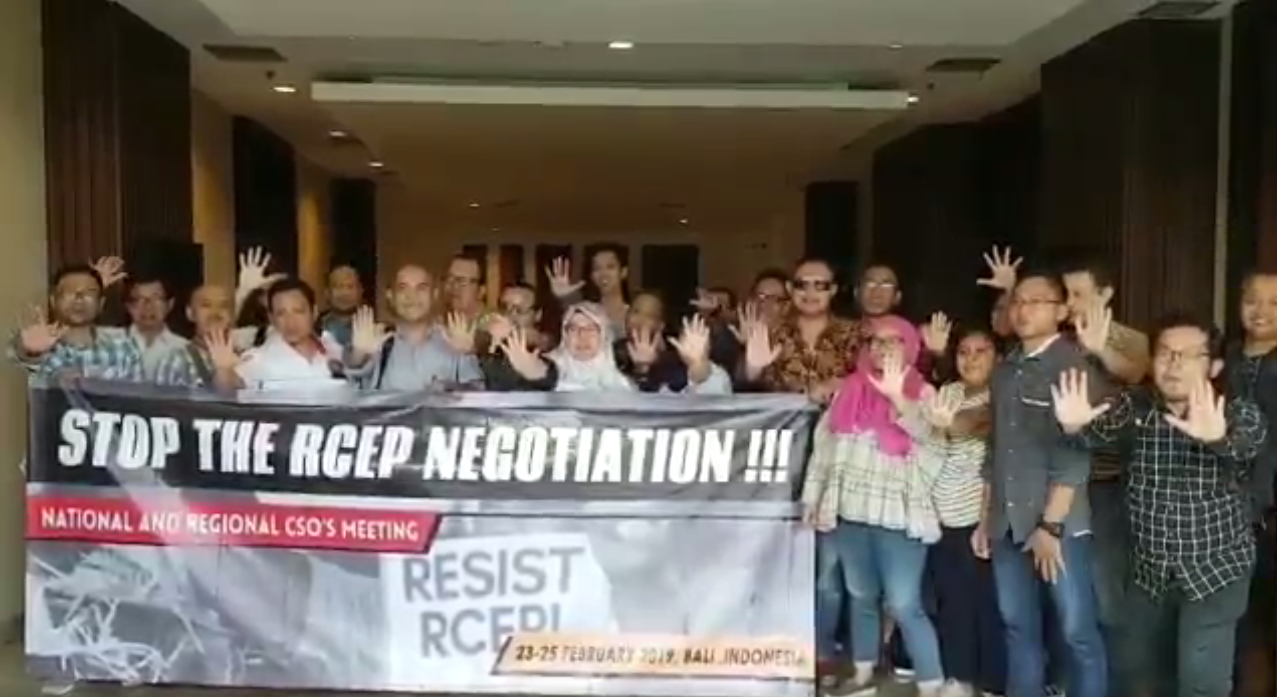China promises greater market access to India if it improves RCEP offer
BusinessLine | 18 July 2019
China promises greater market access to India if it improves RCEP offer
by Amiti Sen
China has dangled a carrot before India to make it improve its market liberalisation offer under the Regional Comprehensive Economic Partnership (RCEP) pact by offering to open its own market even more, but New Delhi is cautious.
In the one-on-one talks between the two countries, that are part of the 16-member proposed regional bloc, China has said that if India went beyond its current offer of eliminating tariffs on about 74 per cent items for the country, it would not only match it but commit to a higher number, an official told BusinessLine.
India, however, is apprehensive that its industry will not be able to make as much gains from the tariff elimination under RCEP as the Chinese already have a head-start which is reflected in the $54-billion trade surplus China has over India.
Most of the countries that are part of the RCEP, including the 10-member ASEAN, Japan, South Korea, Australia and New Zealand, are pushing India to decide on its market opening offer for China as early as possible as that was holding the rest of the negotiations back.
Members keen on pact
Members are keen to have the RCEP agreement in place by the end of this year and a three-member team comprising Trade Ministers from Indonesia and Thailand and the ASEAN Secretary General was in New Delhi last week to meet Commerce & Industry Minister Piyush Goyal in order to fast-track decision making.
Although India is also not eager to open its markets for Australia and New Zealand, to the same extent as for the ASEAN, Japan and South Korea with which it has bilateral free trade agreements, it is most cautious about China as the Indian industry feels most threatened by it.
“Last fiscal, China exported goods worth $70 billion to India while India’s exports to the country was $16 billion. Following tariff liberalisation, exports of both countries would go up but the apprehension is that China’s increase would be proportionately much higher than that of India’s and the trade deficit would balloon,” he said.
As per China’s latest offer, if India increased its offer to eliminate tariffs for substantially more items (Beijing is pushing for over 90 per cent) than its existing offer, it could eliminate tariffs on 5-7 per cent more goods for India.
“The problem is that the Indian industry is more focussed on protecting its domestic market from Chinese goods rather than increase its presence in the Chinese market,” the official said.
The Indian industry, especially the steel, textile, automobile and engineering goods sectors, has already requested the government to keep ambitions very low as far as China is concerned. In a recent meeting with the Commerce & Industry Ministry, industry representatives asked the government to stick to the initial offer of eliminating duties on 42 per cent of items imported from China.
Once implemented, the RCEP could be the largest free trade zone in the world as member countries account for 25 per cent of global GDP, 30 per cent of global trade, 26 per cent of global foreign direct investment (FDI) flows and 45 per cent of the total population.
Trade Ministers from all ASEAN countries will meet in China early next month to take stock of the current negotiations and put an informal time-line for its conclusion.






